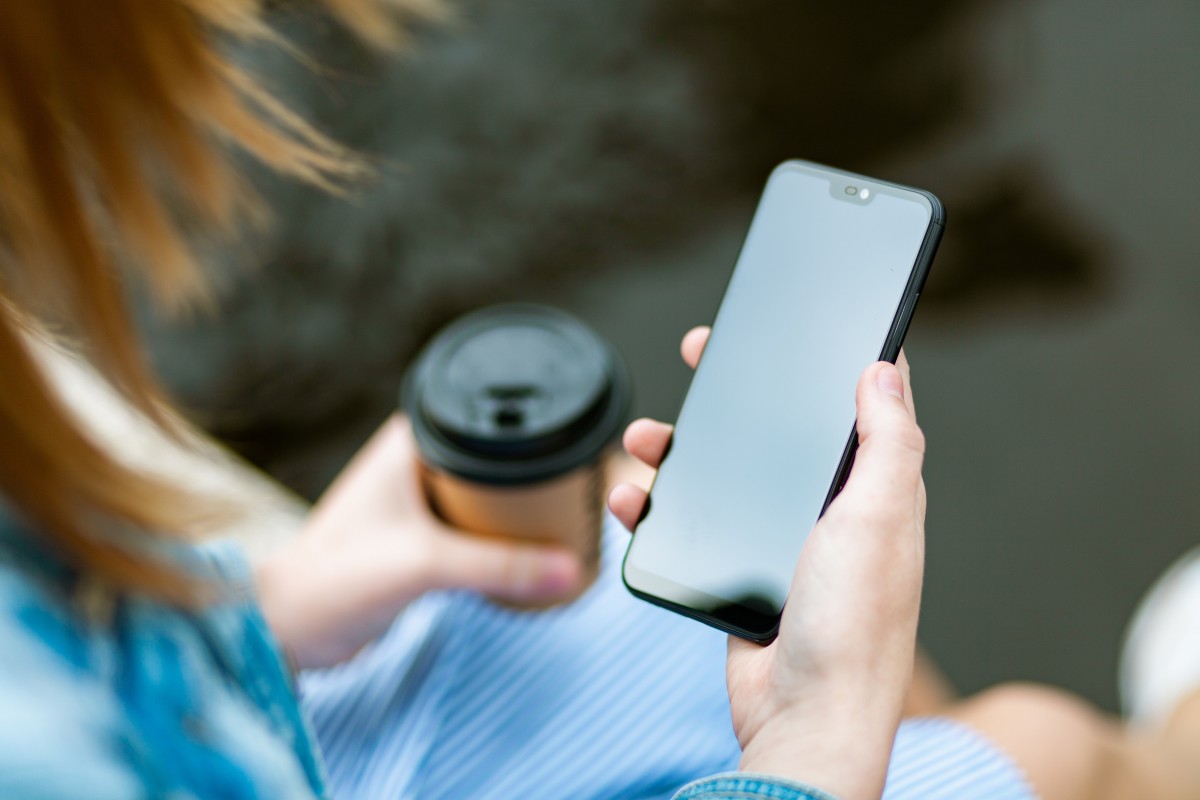
Published Aug 10, 2019
Want to improve your to-do list? Delete it.
This August, I deleted 80% of my to-do list.
When I first discovered to-do list apps, they seemed like the perfect way to stay organised all the time. I started using them as a way of jotting down things I needed to do when I got home from work. This worked pretty well, until I started thinking of things which I knew I couldn’t complete in one evening. Oh well, no problem there, I’ll just schedule them in for the weekend… or the weekend after that… or perhaps in a couple of months…
My to-do list quickly filled up with tasks, from the mundane and repeatable (ironing; laundry; cleaning), nice-to-have’s (decluttering my wardrobe; building a new website) to the the long-term (passport and driving licence renewal). I’d wake up every day, faced with a 15-20 point list, feeling defeated before I’d even got out of bed.
There were two main problems:
- My to-do list was too large. It was difficult to prioritise and looking at it made me demotivated. I constantly felt ashamed that I wasn't achieving enough. I would feel guilty going out with friends or wasting as little as 5 minutes having a chat with a colleague, when I could have spent that time ticking one more thing off my list.
- Having such a comprehensive to-do list meant I wasn’t encouraged to properly look and engage with the world around me. Instead, I relied on my phone to tell me what to do.
So, what have I done?
On the 1st August, I took some steps to try and reduce my reliance on my to-do list (and my phone in general). I’m trialling these for the rest of the month to see how it goes, but I can already say that I’ve seen a huge improvement over just 1 week.
Clear out your to-do list
Don’t panic - this doesn’t necessarily mean deleting it completely! Go through your list(s) and remove any unnecessary tasks.
A good starting point are tasks where it’s likely you’ll remember or notice that it needs doing anyway, like doing the laundry (if you do forget, you’ll notice when you run out of clothes!).
Delete notifications for ‘wishlist’ tasks
Wishlist tasks are things that you want to do, but aren’t urgent. Think of these as your side projects, like that cupboard you keep meaning to clear out. You don’t need to schedule in a time and notification for these, you just need a list that you can refer to when you have some spare time.
Switch to using a personal assistant / rely on task notifications
Switch to a to-do list or personal assistant app which doesn’t require you to keep checking your list throughout the day. Instead, learn to rely on timely reminders.
Block apps at certain times of the day
10 minutes to spare? Take a proper break from work, instead of reaching for your phone. Walk around, grab a drink, talk to a colleague or friend. I’ve found it useful to block social media apps during work hours (excluding lunchtime) and the late evening, but I keep Facebook Messenger and WhatsApp available so I can keep in contact with people.
Re-organise the visual layout of your phone homescreen
Make distracting apps difficult to access by moving them off your phone homescreen. By making them less visible, you’re not constantly tempted to check. Replace them with apps that assist you in your day-to-day life, e.g: calendar, internet browser, camera, text messaging. It’s hard to spend extra time on these apps in the same way you can spend hours mindlessly scrolling through Instagram.
Findings
I made all of the above changes in one evening and went to bed feeling very panicked that I had already forgotten something important. It’s now been over one week, and I haven’t forgotten anything.
For the first few days, I would instinctively pick up my phone if I had some free time at work. Now, I barely touch my phone all day and my social media usage has decreased dramatically.
Generally, I feel more free to decide what I do with my time. I no longer feel restricted by my to-do list, and don’t feel guilty for going out rather than working my way through a checklist. I value the time I spend with my friends and family more as I can immerse myself in the moment without being distracted by near-constant notifications.
I've increased in confidence: in the last week I've felt able to relax and chat with colleagues, send a few out-of-the-blue messages to distant friends without second-guessing myself, and signed up to volunteer for a charity after work.
I still need to consciously stop myself reaching for my phone when I think of something I need to do in the near future, but so far I’ve avoided falling back into the same old habits.